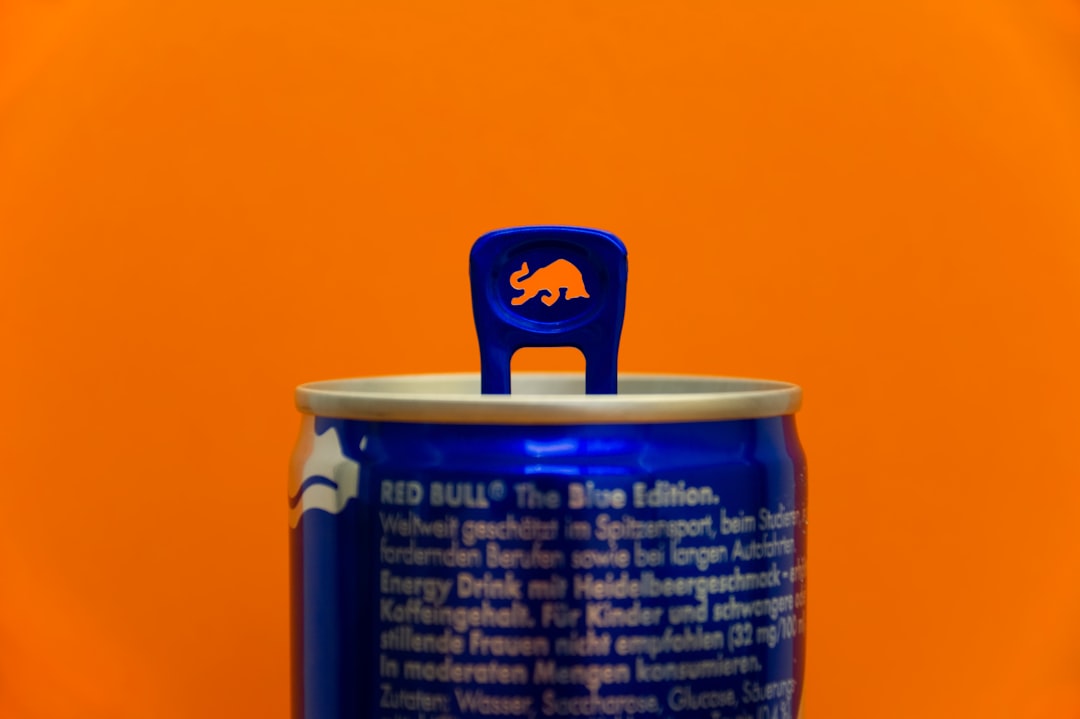What the early days of Red Bull tell us about Bitcoin and the demise of altcoins
If you can have the original, why go for the copycat?
Dear readers,
The tiny European country of Austria has given the world Wolfgang Amadeus Mozart, Arnold Schwarzenegger and … Red Bull.

In fact, Red Bull is one of the most prominent companies in Austria today and certainly one of the biggest global brands hailing from Austria.
Its success is down to a tried and tested business strategy that is easy to understand but extremely hard to pull off: instead of competing with incumbents you just create a whole new product (sub)category.
In this case: the energy drink, the first true innovation in the “sugary drink” category since the original Coca Cola was introduced.
A disruption so big that sugary drink giant Coke is struggling to compete in the category to this day. And a story that might help us understand what’s going on in the cryptocurrency markets today. Yes, really.
There are very interesting parallels between Red Bull and Bitcoin.
This post is sponsored by…
21bitcoin - The easy way to buy, sell, save and send Bitcoin.
21bitcoin is a Bitcoin-only app, not an exchange. No distraction, individual savings plan, very low fees, first class personal support, and a German bank account. Based in the Austrian Alps, available throughout Europe. Download now.
Let’s start at the beginning.
Back in the 1980ies the concept of an energy drink was entirely new. As was Red Bulls approach to marketing. Red Bulls cans were smaller and slimmer. They were also more expensive to buy. To this day the drink is positioned as trendy and upscale. It was first marketed in Austrian ski resorts, where things have always been a bit more expensive. And that was long before the current inflation
Red Bull never used concentrate like Coke does. The cans are filled in Austria and Switzerland (chosen, i kid you not, for its political neutrality) and shipped around the world. To this day, Red Bull forces bars to open a fresh bottle or can with every drink and give it to the customer. They send around mystery customers to make sure everyone plays by the rules.
And we haven’t even touched on the insane amounts of money and effort Red Bull pours into marketing: they own and operate two Formula 1 teams and soccer clubs in four countries; they sponsor countless athletes, support extreme sports events around the world, run countless media outfits and finance music events.
Ok.
But what does any of this have to do with Bitcoin?
The first chapter of Red Bull: so many copycats
Well, the cryptocurrency space today reminds me of the early days of Red Bull.
You see, most of the world has never seen those early days.
When the energy drink was first introduced here in Austria, it was so damn cool. Nobody had ever seen something like it.
The French even banned it, which made it even cooler. Silly french!
So we had copycats. So many copycats. As kids we used to buy them all, compare the taste and start collections of cans that we proudly displayed in our rooms.
Remember: We had no internet back then. We are the last generation that experienced an analog childhood. Good times.
But we had energy drinks:
Red Bull.
Dark Dog.
Flying Horse.
Red Eagle.
Today people are selling these old collections on “Willhaben”, die Austrian version of Craigslist.
I can smell the sugar from just looking at these pictures.
One was even called “HIV” for heaven’s sake! And the blue one named “Memphis” is actually the energy drink version of a local brand of cigarettes. No joke.
As you can imagine, these drinks are all gone today. Only Red Bull remains. The original.
Do you see where I’m going with this?
Look at the names.
XTC, NRG, UFO…
Do these sound like something crypto-people would come up with today?
Actually, I checked. UFO and NRG do actually exist as cryptocurrencies - they have a combined market cap of about 100 Mio. Dollars.
The point is that before Red Bull nobody knew of energy drinks. Nobody missed energy drinks. Red Bull invented the segment.
And while it is true that the incumbent will not always prevail, more often than not they do. Think McDonalds. Think Coca Cola. Think Red Bull.
Think Bitcoin.
The “next Red Bulls” all failed
Look, obviously this isn’t a peer reviewed scientific study. The aim of this newsletter is to entertain and inform. But the story of Red Bull does show how much of a benefit first mover advantage is.
Yes, I know, we have other successful energy drinks today. But this is where - in my eyes - this comparison falls short. Because the network effect is much more important with money than with consumer goods.
Red Bull is a lifestyle brand, not a monetary good. But imagine it was. Imagine a prison scenario where 100 different energy drinks are circulating. Which one do you think the market would chose as the dominant “money”?
These second mover energy drinks from the 1990ies all claimed to be the “same” as Red Bull while being also superior in some way. A few went as far as using a different can-size to market themselves. Others added ingredients that were supposed to make them the superior product.
Most only profited from fan-behaviour. They were bought by people looking for the next cool thing, the “next Red Bull”. People who missed out on being early to discover the original wanted to turn back time.
But the “next Red Bulls” all failed - because in the end they were all inferior to the original. In taste maybe - but certainly when it comes to brand awareness and lore. These things are not to be underestimated.
There were 100 energy drinks but our parents only knew one - and hated it.
There were 100 energy drinks but France only banned one - which gave it a rebellious image.
There were 100 energy drinks. But 99 were useless.
When the copy cats disappear, nobody really cares
They say, being copied is the highest form of flattery.
This is from Block Inc. - Here is the whole report.
When Red Bull was still young the emergence of copycats proved that its founder Dietrich Mateschitz was onto something.
Some of us might have tried NRG or Dark Horse or Red Eagle.
But when they disappeared, nobody missed them.
The same is true for Bitcoin and altcoins. When the copycats disappear, nobody really cares. They all claim to offer something additional to the original. To add features and things you can do. But in the end, it’s all about speculation on digital assets and guess what - the first one wins. It’s the most secure, the most decentralised and has by far the highest brand awareness.
When it comes to “crypto”, Bitcoin has already won.
Bitcoin is the signal, the rest is noise.
Greetings from Vienna,
Niko
I hope this piece added some value and entertainment to your life. If so, consider subscribing and sharing. Thank you so much!
PS. Guess who is working with Square (Block Inc.) to promote Bitcoin?
This post is sponsored by 21bitcoin - The easy way to buy, sell, save and send Bitcoin. Download now.
PPS. This is the first sponsored post and the beginning of a new chapter for “Fix the money.” There will be more frequent posts and pieces by guest authors. Stay tuned. And thanks to our sponsor @21bitcoinapp!





